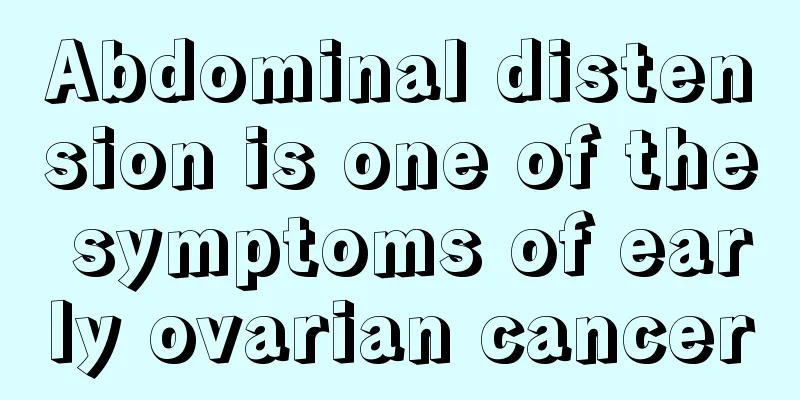What does the nasopharyngeal carcinoma examination include?

|
If you are not sure whether you have nasopharyngeal cancer, it is best to have a detailed examination. What is the nasopharyngeal cancer examination and what does it include? Nasopharyngeal carcinoma is one of the most common tumors in my country, with the highest incidence in Guangdong, Guangxi, Fujian, Hunan and other provinces. Blood in the nose can occur in the early clinical manifestations; if the tumor grows, the compression of the pharyngeal opening of the Eustachian tube will cause tinnitus, stuffy ears, hearing loss and other symptoms of otitis media; 60% of patients come to see a doctor to find swollen lymph nodes in the neck. What tests should be done for nasopharyngeal cancer? Anterior rhinoscopy: After the nasal mucosa is retracted, the posterior nasal cavity and nasopharynx can be viewed through the anterior rhinoscopy, and tumors that have invaded or are adjacent to the nostrils can be detected. Indirect nasopharyngoscopy is a simple and practical method. Check the nasopharyngeal wall in turn, pay attention to the posterior wall of the nasopharyngeal roof and the pharyngeal recesses on both sides, compare and observe the corresponding parts on both sides, and pay more attention to the asymmetric submucosal protrusions or isolated nodules on both sides. Fiberoptic nasopharyngoscopy: Fiberoptic nasopharyngoscopy can first use 1% ephedrine solution to astringe the nasal mucosa and dilate the nasal passages. Use 1% dicaine solution to anesthetize the nasal passages, then insert the fiberscope from the nasal cavity and push it forward while observing until it reaches the nasopharyngeal cavity. This method is simple and the mirror is fixed, but the observation of the posterior nasal cavity and the anterior wall is not satisfactory. 4. Neck biopsy Neck mass biopsy can be used for cases that are not diagnosed by nasopharyngeal biopsy. Generally, it can be performed under local anesthesia. During the operation, the earliest hard lymph nodes should be selected, and efforts should be made to remove the entire capsule. If the excisional biopsy is really difficult, a wedge excisional biopsy can be performed at the mass. When removing the tissue, a certain depth must be achieved to avoid squeezing. It is not advisable to suture too tightly after the operation. The above is an introduction to the relevant content, I hope it will be helpful to patients and friends. |
<<: Can I eat shrimp if I have breast cancer?
>>: What is Hodgkin's lymphoma
Recommend
What symptoms should I check to see if I have lung cancer
Lung cancer is the most common primary lung malig...
Why will you get darker if you don't get sun exposure
Everyone's skin quality is different. For peo...
Bedsore chest spots
For some friends who are bedridden for a long tim...
Will papillary thyroid cancer metastasize? How to make a prognosis for papillary thyroid cancer?
Papillary thyroid cancer is a very scary disease....
How to wash jeans
Jeans are very common pants. This type of pants i...
What differential diagnosis is needed for lung cancer? These tests are often done to diagnose lung cancer
With the continuous deterioration of the environm...
The harm of toothache killing nerves
Toothache is a common oral disease that can cause...
What is your chance of getting cervical cancer? There are 5 ways to prevent cervical cancer
23 Liu Lin (pseudonym) is a salesman in a private...
Can green tea reduce internal heat?
Many people like to drink tea regularly. Generall...
What are the symptoms of lung cancer bone metastasis? What are the symptoms of lung cancer bone metastasis?
People with lung cancer are more likely to develo...
How to remove blackheads on forehead
When it comes to blackheads, many people are very...
Is there any good dietary treatment for rectal cancer?
Rectal cancer is a common malignant tumor in the ...
Which one tastes better, swimming crab or blue crab
Comb crabs and blue crabs are both very common in...
How to relieve dyspnea caused by pleural effusion in patients with lung cancer
When lung cancer patients have pleural effusion, ...
What are the functions and effects of vinegar-flavored Cyperus rotundus?
Vinegar-soaked Cyperus rotundus has many function...









